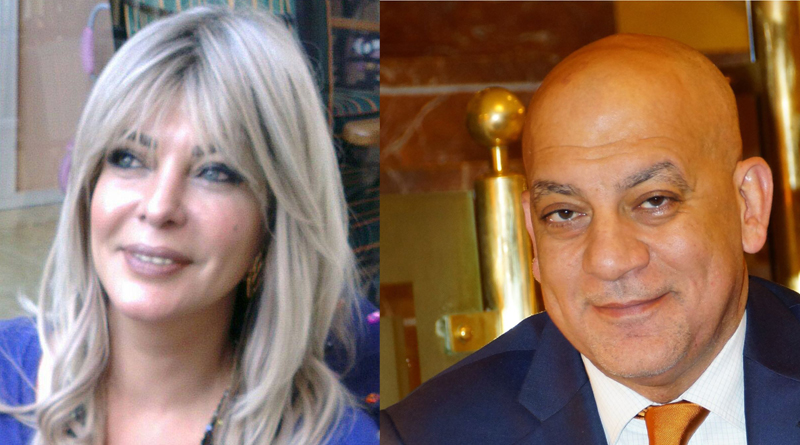The Egyptian government recently gave a three-month deadline for tourist facilities to implement safety requirements to ensure full security and safety standards. The safety protocols are being implemented in accordance with international rules and standards.
Sources at the Ministry of Tourism said that in order to ensure the security of tourists, the ministry will compel Sinai hotels, especially in Sharm El-Sheikh, to install surveillance cameras in hallways and public spaces.
The ministry revealed several precautionary measures it plans to implement to raise security, including ordering hotel facilities in Sharm el-Sheikh and Hurghada to turn over data on their staff and to cooperate with the General Police Directorate of Tourism and the ministry on an annual basis regarding security training for their personnel. The tourism police should be aware at all times of all workers, whether full-time or part-time, and informed of new hires.
Businessmen and owners of hotels, whether companies or hotel directors, have reportedly already completed the application of this system.
Another issue of concern improving the service at floating hotels in Luxor and Aswan, also known as “steamers”.
Despite the objection of floating hotel owners at the moment, the State considers this an important tourism issue. Applying civil protection regulations at floating hotels in Luxor and Aswan has become of major interest. However, members of the board of the Egyptian Chamber of Hotel Management expressed concern over the application of the new protocols imposed by the General Authority for River Transport, considering them as unfair, especially after the losses incurred by the tourism sector after the 25 January Revolution. They claim the protocols would drive away investors in the tourism industry; the largest source of state revenue after the Suez Canal.
Mohammad Ayoub, the Head of the Chamber of Hotels, said that implementing these regulations at the present time will add on to the tourism crisis. Ayoub says that the biggest problem is that the State takes crucial decisions without referring to stakeholders. He added that the chamber was surprised by the issuance of the decision by the River Transport Authority to cancel a previous approval for civil protection and the absence of any new permits for floating hotels to operate. He referred to 24 floating hotels threatened with the evacuation of tourists due to the absence of any permits, which makes them legally questionable.
He stressed that this called for the intervention of Prime Minister Ibrahim Mahlab to settle the crisis. He previously approved giving floating and fixed hotels temporary permits for three months at the request of the chamber on condition of abiding by the conditions for operating these hotels. The chamber then held several meetings with the River Transport Authority to extend the deadline for dry boats to eight years instead of six given the current circumstances and the decline in occupancy rates.
Ayoub said that safety and security are the most important requirements for the steamer hotels, adding that the application of these decisions at this time will completely eliminate Nile tourism and would add to the tourism crisis in Luxor and Aswan.
Elhamy El Zayat, the chairman of the General Federation of Chambers of Tourism, said that the problem regarding the protocols that the State wants to apply to steamers are repeated whenever there is a problem or a crisis, even if it concerns regular boats and not tourist facilities. He referred to the same problem following the collision of two boats in the Nile in Cairo, saying that the number of floating hotels are 280 boats, only 22 of which are operating due to lack of demand after the revolution and low cultural tourism in Cairo, Luxor and Aswan. He added that the problem lies in the issuing of instant decisions without giving a deadline to the owners to implement them. However, the facilities are now given deadlines but even the deadlines are not being studied, he said.
Hala al-Khatib, the secretary-general of the Chamber of Hotel Facilities, said the civil protection requirements have been set up in a way that does not cope with the current situation at hotels and floating hotels. It is necessary to provide chimneys whose installation would require demolishing the décor of the whole boat. The requirements also state that rooms should be 35 square metres and there are hotels that need to be demolished totally to provide that, she said.
She added that the deadline set by the prime minister for hotels and tourist facilities to complete the requirements of civil protection, which is three months, is insufficient. Some of the requirements are impossible to implement due to numerous crises suffered by the tourism sector after the revolution, which have negatively affected the occupancy rates in floating hotels in Luxor and Aswan, she added.


